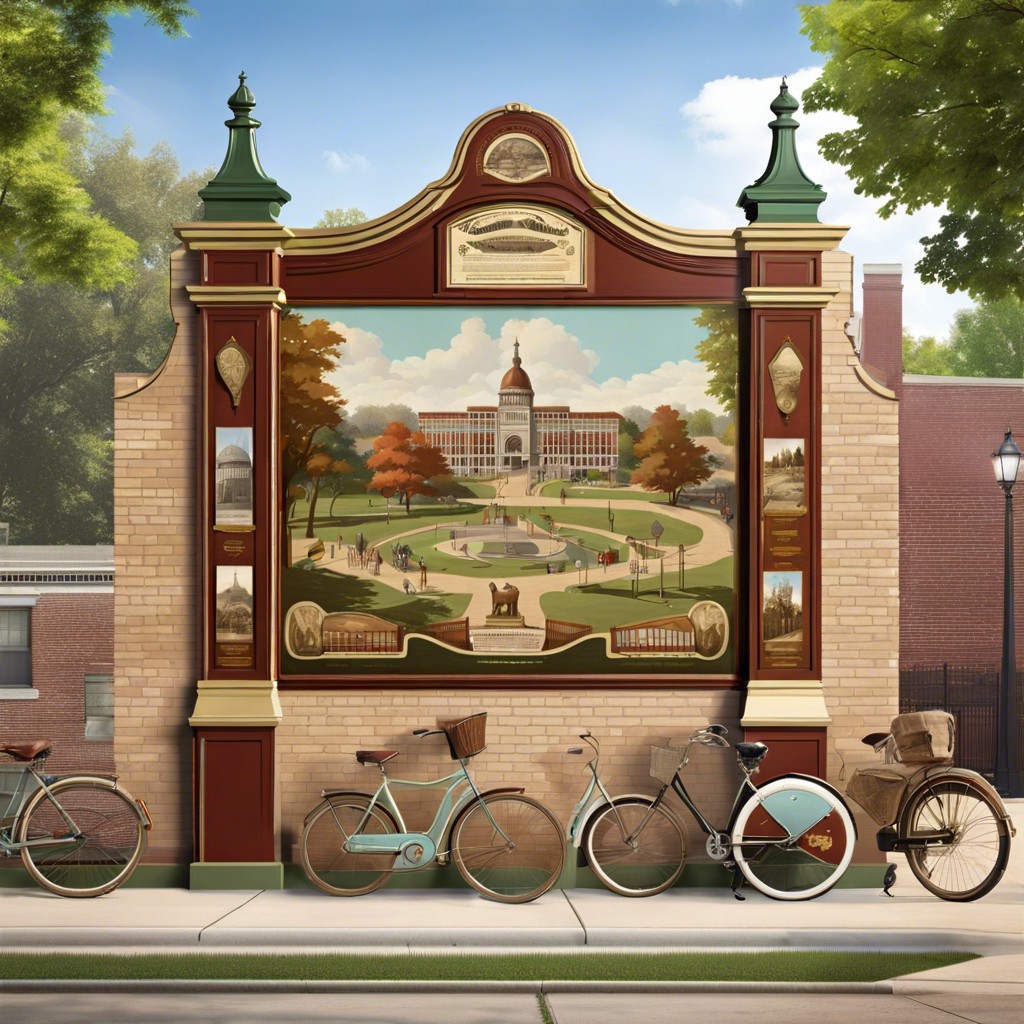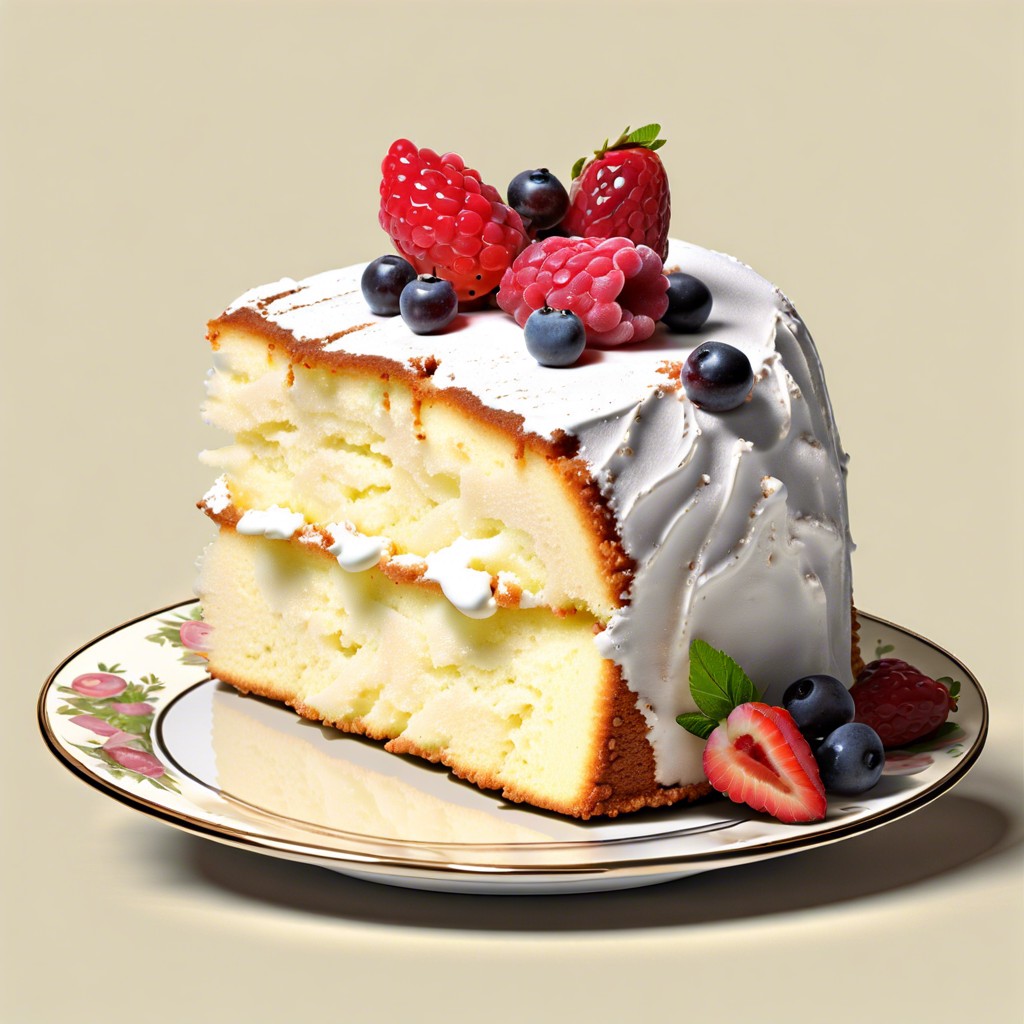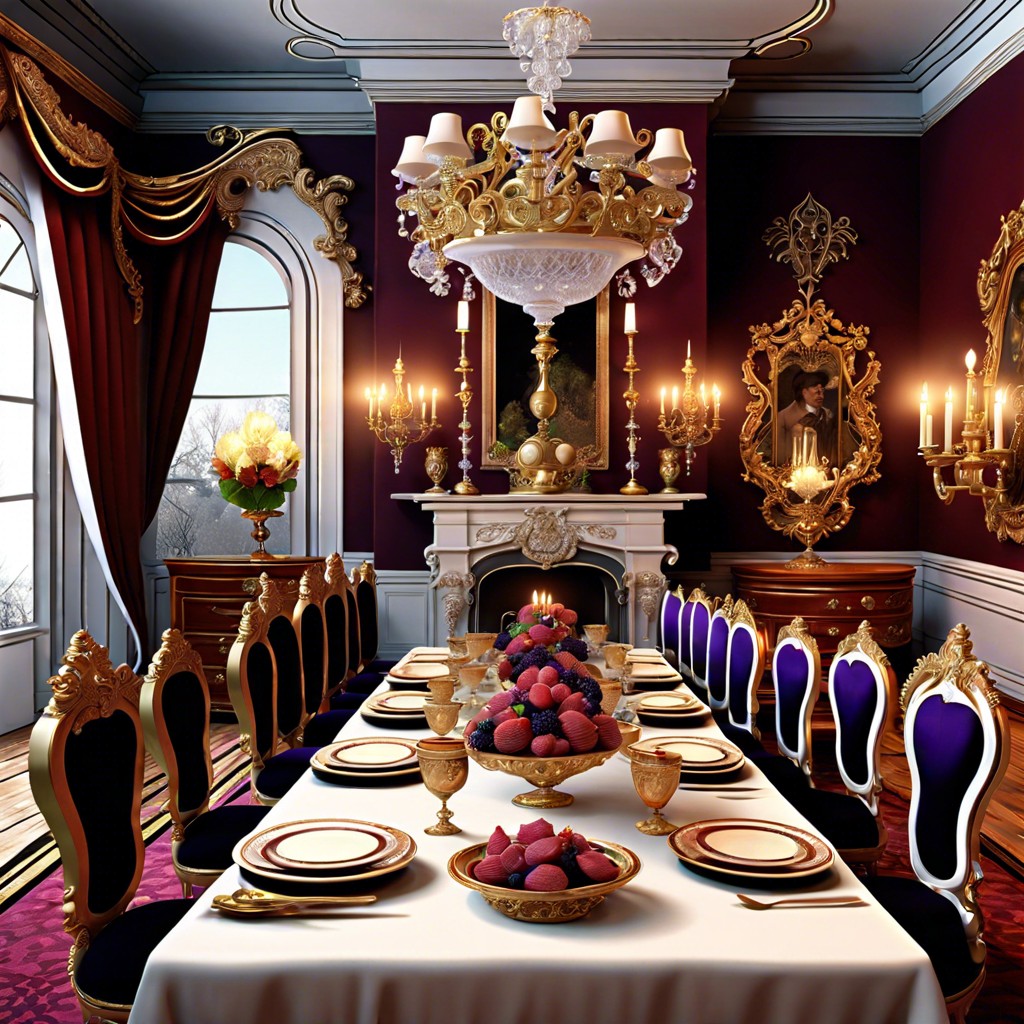Last updated on
Discover the charm and history behind vintage girl names and their enduring appeal in modern times.
Key takeaways:
- Vintage girl names reflect tradition and nostalgia in modern times.
- Historical figures and literature inspire the popularity of vintage names.
- Cultural and regional variations influence the selection of vintage names.
- Classic vintage names have timeless qualities and rich backstories.
- Top vintage girl names include Ada, Beatrice, Clara, and Eleanor.
Trends in Vintage Girl Names
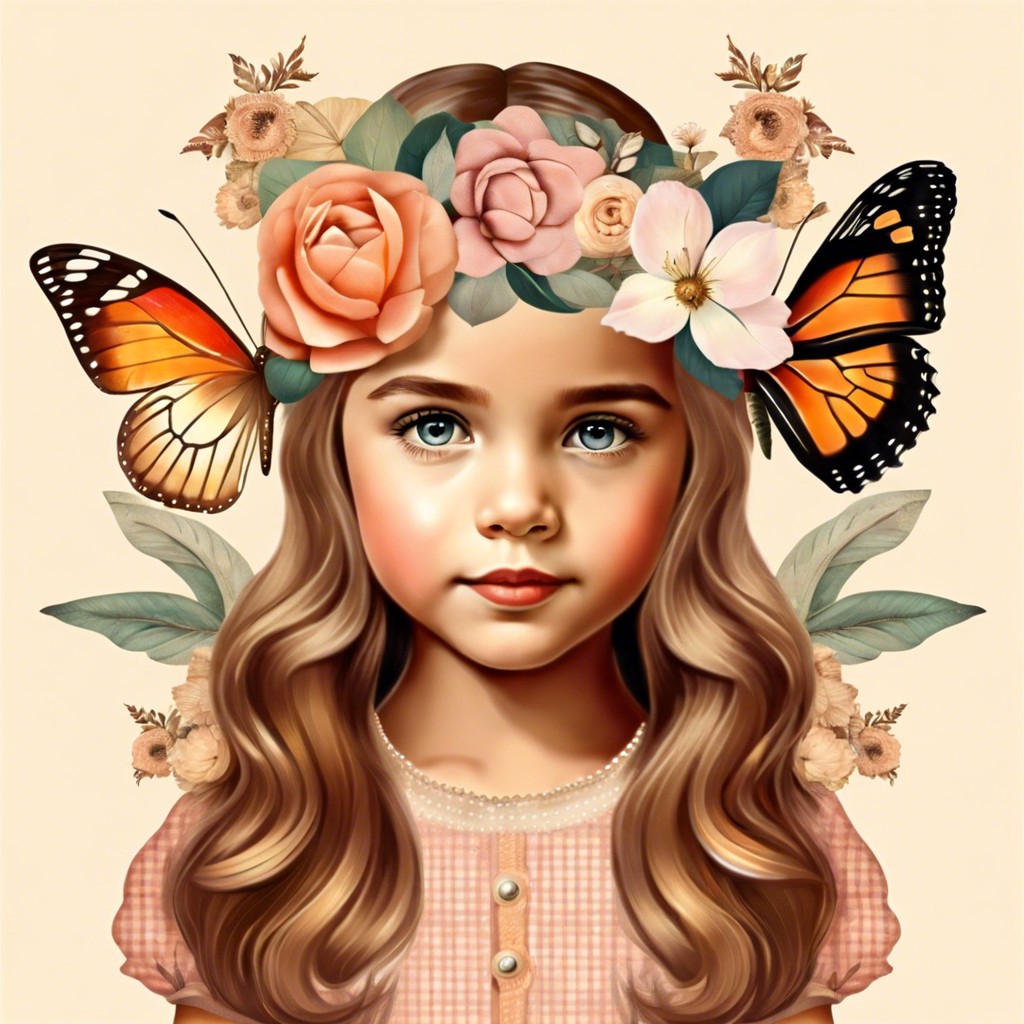
The resurgence of vintage girl names reflects a growing desire to embrace tradition and nostalgia. These names often carry an elegant and timeless quality, separating them from modern and trend-driven ones. The cyclical nature of fashion extends to names as well; names that were once seen as dated or old-fashioned are now considered unique and sophisticated.
Vintage names are also gaining popularity due to their strong historical associations. Parents are increasingly looking to the past for names that convey a sense of heritage and have a storied background. This interest aligns with the broader trend of valuing artisanal and handcrafted goods that have a personal history or story to tell.
Another reason for the uptick in vintage names is their portrayal in media. Characters in period dramas and classic literature often have names that today’s parents are drawn to for their romantic and classical associations. This media influence acts as a catalyst, bringing old names back into the spotlight and inspiring parents in their naming decisions.
List-making websites and social media platforms have also made it easier to access and share information about these names, including their meanings and origins. This increased visibility has played a significant role in the revival of vintage names, allowing prospective parents to research and select names with confidence and a sense of informed choice.
The Influence of Historical Figures and Literature On Vintage Names
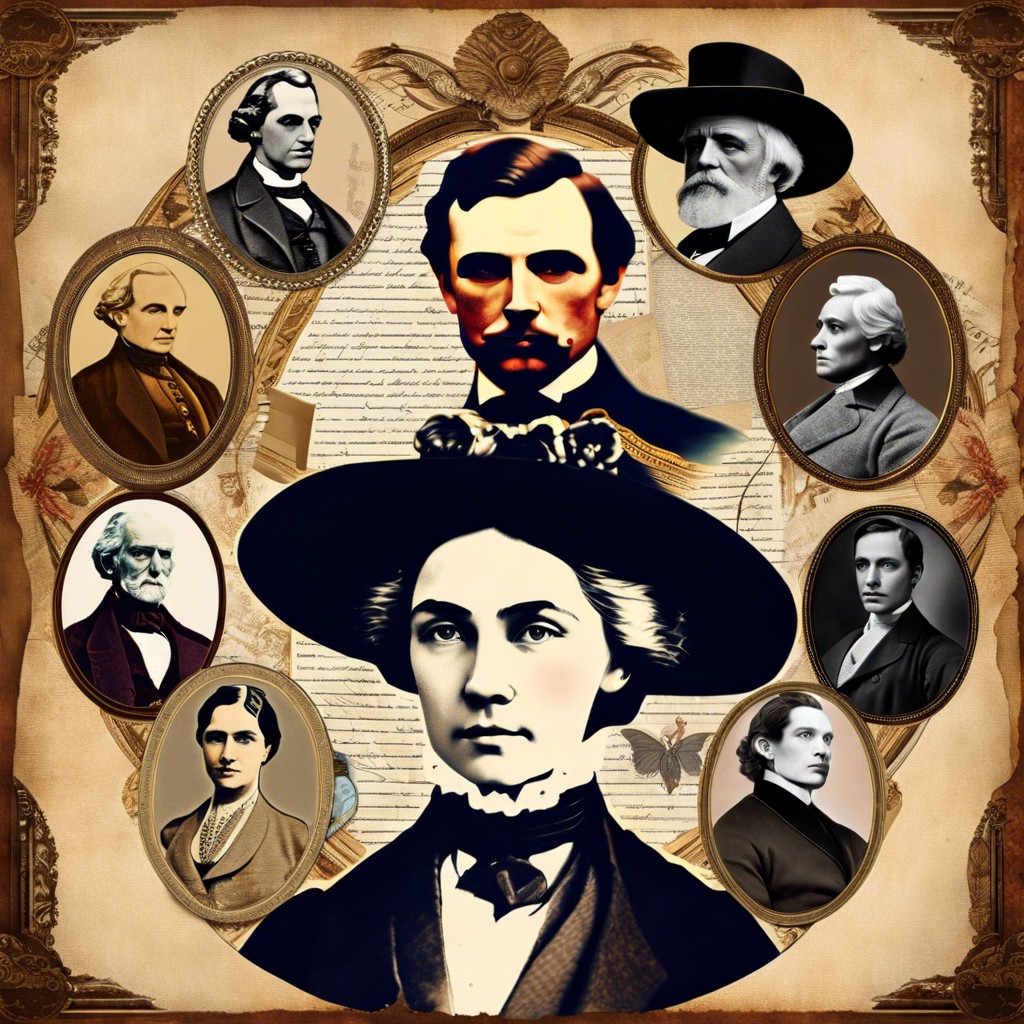
Historical figures have long inspired parents when naming their daughters. For example, Victorian names such as Victoria itself gained prominence due to Queen Victoria’s influence during her reign. Similarly, the name Florence saw increased popularity after the notable work of Florence Nightingale in nursing.
Literary classics have also contributed significantly to the pool of vintage girl names. Jane Austen’s novels have preserved the desirability of names like Emma, Elizabeth, and Jane itself. Shakespeare’s plays have had a similar effect, with names like Juliet and Cordelia remaining in use due to their literary roots.
Cultural events and periods, such as the Renaissance or the Roaring Twenties, also play a role. Names like Ada, stemming from Ada Lovelace, a mathematician associated with early computing, reflect a resurgence of interest in pioneering women of history.
The revival of these names is not just about their historical and literary connections, but also about the values and traits they are perceived to represent. Names of influential women convey a sense of strength, intelligence, and grace, while literary names evoke creativity, classic beauty, and a timeless nature.
Cultural and Regional Variations of Old-Fashioned Names
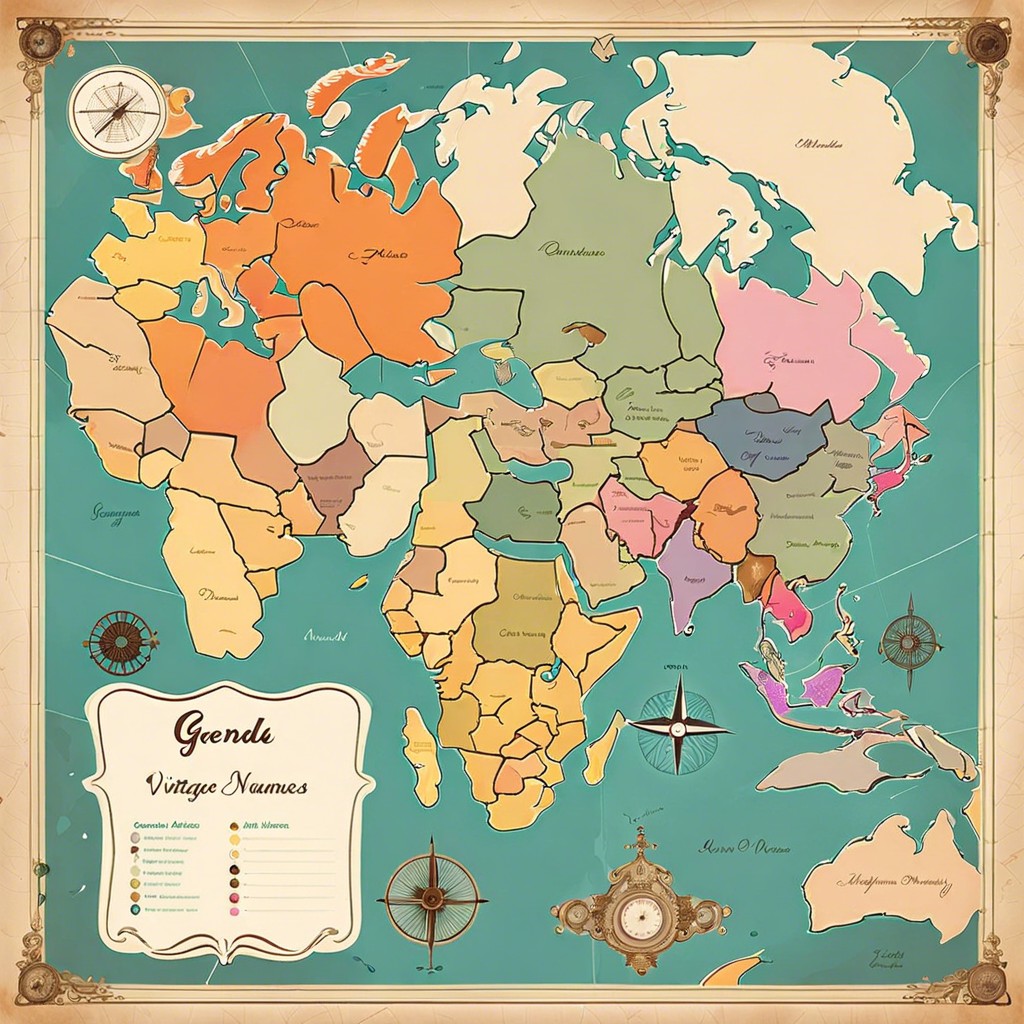
Cultural and regional backgrounds significantly distinguish the selection and popularity of vintage names. In various parts of the world, what is considered an old-fashioned name in one culture may still be a common choice in another.
European names, for instance, often draw from a deep well of history and royalty. Names like Isabella and Anastasia have been borne by queens and saints, carrying a timeless elegance. Italian and Spanish versions might favor Isabella, while Russian contexts prefer Anastasia.
In contrast, American vintage names sometimes carry the legacy of the early settlers or are inspired by prominent historical figures. Names like Abigail and Betsy hark back to the colonial era and American independence.
Moreover, the resurgence of certain names can be attributed to immigration patterns. For example, Irish names such as Nora and Maeve have gained popularity outside of Ireland due to the diaspora.
Local traditions also play a role, as some cultures name children after esteemed ancestors, believing that the child will inherit the grandparent’s positive attributes. This act ensures the continuation of vintage names within the family lineage.
Lastly, it’s vital to note that the interpretation of what constitutes an old-fashioned name can vary widely, often influenced by media, literature, and notable personalities from different eras and locales.
The Charm of Classic Vintage Names
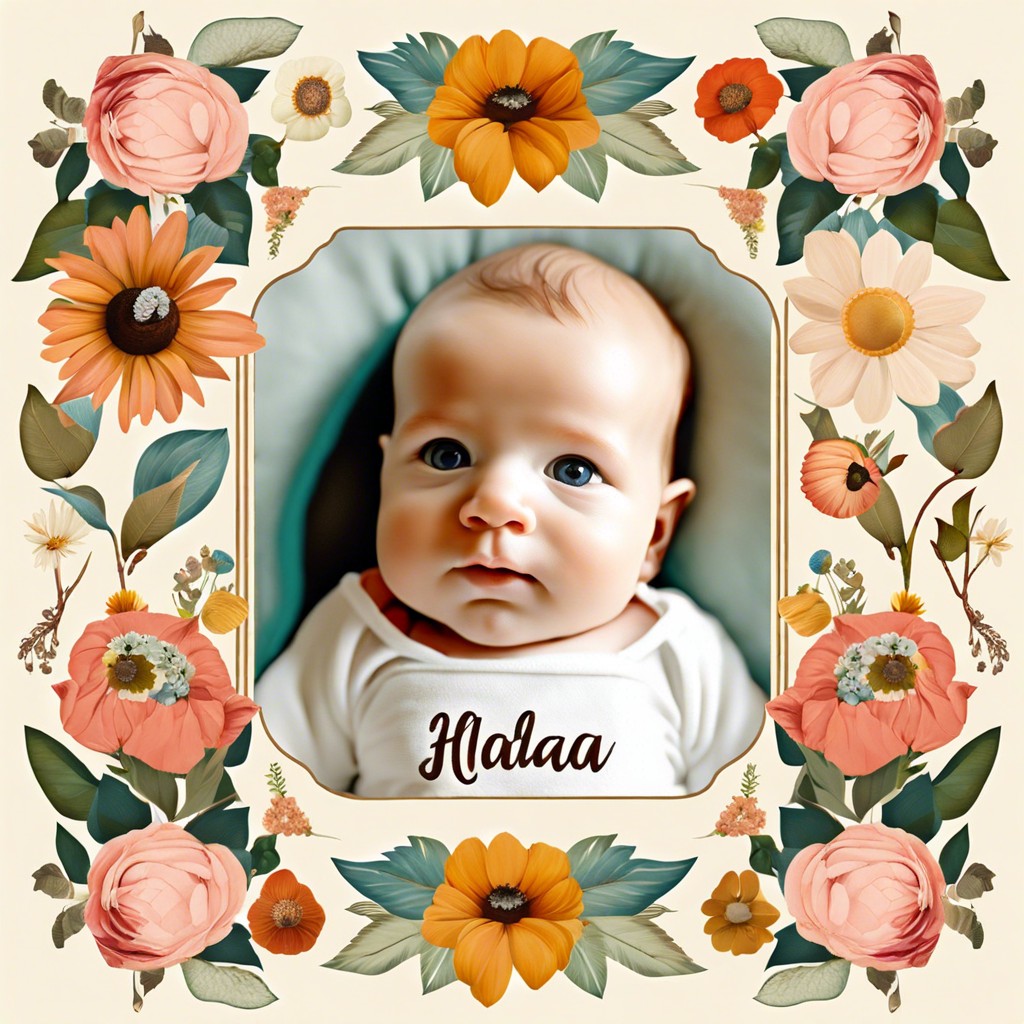
Classic vintage names exude a timeless quality that modern monikers often cannot match. They have stood the test of time, frequently passed down through generations, and still resonate with parents today.
These names often carry with them a sense of elegance and tradition. They hark back to an era when names were chosen for their meanings and the virtues they were hoped to instill in their bearers.
Moreover, vintage names typically have deep roots and rich backstories, connecting a child to history and culture in a unique way. They provide a narrative link to the past, offering stories and famous namesakes that can inspire and influence a growing child.
Parents also appreciate the originality that comes with choosing a vintage name. In a time when there is a drive toward unique yet meaningful names, vintage options strike the perfect balance between being distinctive and familiar.
Lastly, these names often come back around in cycles of popularity, proving that their appeal never truly wanes. As such, they are a safe choice for parents looking for a name that will endure, both in style and substance.
Top Vintage Girl Names
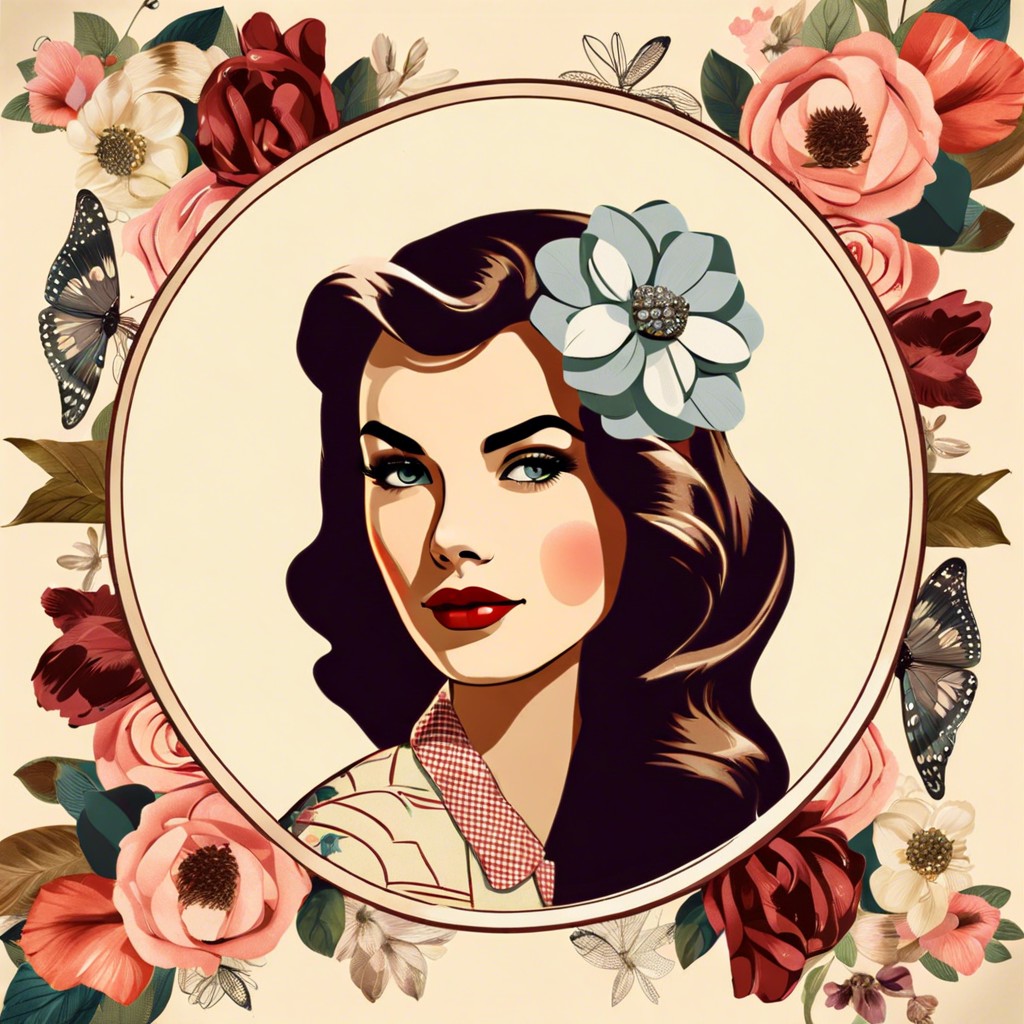
Ada has enjoyed a resurgence, with its origins in the Germanic element “adal,” meaning “noble.” A succinct name, it was popularized in the 19th century and carries with it an air of Victorian elegance. The name gained additional fame from Ada Lovelace, considered by many to be the first computer programmer.
Beatrice, with roots in Latin, brings “she who makes happy” to mind. Immortalized by Dante in his “Divine Comedy,” and Shakespeare in “Much Ado About Nothing,” its literary heritage adds a timeless allure.
Clara, derived from the Latin word “clarus,” meaning “clear, bright, famous,” rose to prominence in the 19th century. The name evokes a sense of purity and the simple grace of an earlier era. Clara Barton, founder of the American Red Cross, also enhances its historical significance.
Eleanor, of Provençal origin, translates to “light-hearted” or “shining light.” It was borne by influential figures such as Eleanor of Aquitaine, adding royal gravitas to its already noble stature. This name has experienced a steady presence throughout the centuries, reflecting resilience and sophistication.
